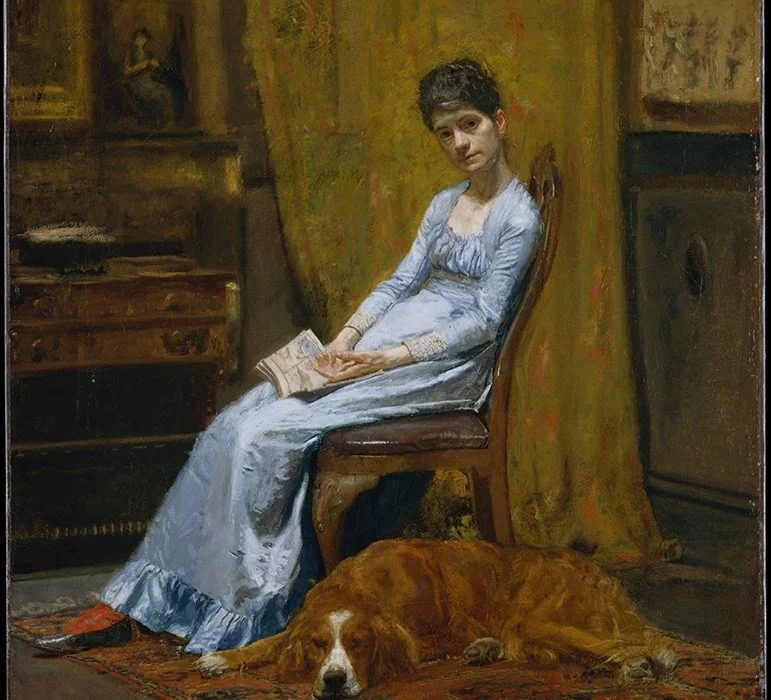Relationships • Compatibility
What Relationships Should Really Be About
Many people, after they’ve been in a couple for some time, will privately admit that they are – in many ways – frustrated and disappointed by the person they’ve chosen to share their lives with.
If pressed for details, they will have no difficulty coming up with a list: their partner, they might complain:
- Is too loyal to their irritating family
- doesn’t share their views on the layout of the living room
- Never wants to go on camping holidays
- Plays tennis every Wednesday evening, no matter what
- Doesn’t like Moroccan food
- Doesn’t share their enthusiasm for 19th century Russian novels
- Has a friend who laughs for no apparent reason
- Likes doing jigsaws
- Drinks coffee from a big mug with ‘1984’ inscribed on the side
- Has a habit of adding ‘actually’ to every second sentence, when it’s actually redundant
As the list gets longer, they sigh; they still love their partner and long to be happy together, it’s just that it seems impossibly complicated to make this relationship work.
What’s driving the frustration isn’t that they’ve sadly fallen for an idiot as a mate; it’s rather that we have all inherited needlessly complicated ideas of what a relationship is supposed to be for. We are told that love is meant to involve the almost total merger of two lives: we expect that a loving couple must live in the same house, eat the same meals together every night, share the same bed, go to sleep and get up at the same time; only ever have sex with (or even sexual thoughts about) each other, regularly see each others’ families, have all their friends in common – and pretty much think the same thoughts on every topic at every moment.

It’s a beautiful vision, but a hellish one too, which places an impossibly punitive burden of expectation on another human. We feel the partner must be right for us in every way, and if they’re not, has to be prodded and cajoled into reform. We are in search of an ideal being who likes everything we do, down to Moroccan cuisine and long books about people called Natasha and Pierre. And every departure from this menu has to be framed as a betrayal of the purpose of love.
But there’s another perspective: relationships don’t have to be so complicated and ambitious if we keep in view what in the end actually makes them fulfilling. If we boil matters down, there might really just be three essential things we want from one another:
Kindness: a partner who is gentle with our imperfections and can good-humouredly tolerate us as we are.
Shared vulnerability: someone with whom we can be open about our anxieties, worries and the problems that throw us off balance: someone we don’t have to put on a good front for; someone around whom we can be weak, vulnerable and honest – and who will be the same around us.
Understanding: someone who is interested in, and can make sense of, certain obscure features of our minds: our obsessions, preoccupations and ways of seeing the world. And whom we are excited to understand in turn.
If we have these three critical ingredients to hand, we will feel loved and essentially satisfied whatever differences then crop up in other arenas. Perhaps our partner’s friends or routines won’t be a delight, but we will be content. Just as if we lack these emotional goods, and yet agree on every detail of European literature, interior design and social existence, we are still likely to feel lonely and bereft.
By limiting what we expect a relationship to be about, we can overcome the tyranny and bad temper that bedevils so many examples. A good, simpler – yet loving – relationship could end up looking very different from the conventional picture. We might not socialise much together. We might hardly ever encounter each other’s families. Our finances might overlap only at a few points. We could be living in different places and only meet up twice a week. Conceivably we might not ask too many questions about each other’s sex life. But when we would be together it would be profoundly gratifying, because we would be in the presence of someone who knew how to be kind, vulnerable and understanding.
A bond between two people can be deep and important precisely because it is not played out across all practical details of existence. By simplifying – and clarifying – what a relationship is for we release ourselves from overly complicated conflicts over routines, friends and holiday destinations – and focus on our urgent underlying need to be sympathised with, seen and understood.


























